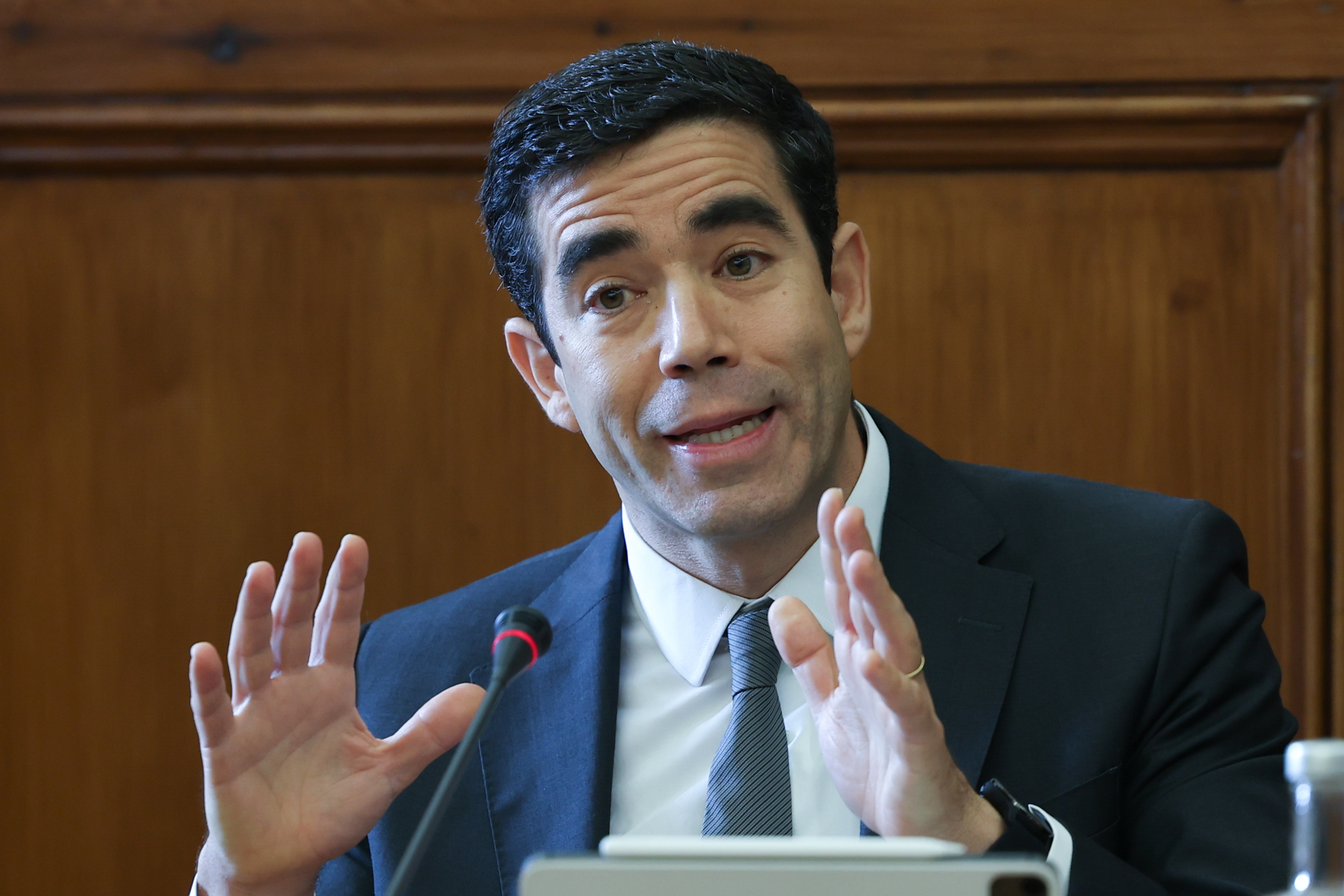Portugal Pledges to Clear Golden Visa Backlog in 2026, Prioritizing Vulnerable Migrants First
In a major policy announcement, Portugal's Minister of Presidency,
António Leitão Amaro, has committed to completely resolving the notorious backlog of pending Golden Visa applications by 2026. This declaration provides the first concrete timeline for thousands of international investors left in administrative limbo, although the government has made it clear that these high-net-worth individuals are at the "end of the line" for processing, behind more vulnerable migrant groups.Key Takeaways
- ✓ 2026 Deadline Set: The Portuguese government has officially targeted 2026 for the complete resolution of the long-standing Golden Visa application backlog.
- ✓ €85 Million Revenue Projection: Clearing the pending applications is expected to generate a significant €85 million in fee revenue for Portugal's immigration agency, AIMA, in 2026.
- ✓ Prioritization Strategy: For "moral reasons," the government will first process applications from vulnerable immigrants, CPLP citizens, and those with expired cards before addressing Golden Visa investors.
- ✓ Restoring Confidence: The move is seen as a critical step toward restoring confidence in Portugal as a reliable destination for foreign investment after years of crippling administrative delays.
Speaking during the parliamentary debate on the 2026 State Budget, Minister Leitão Amaro addressed the operational challenges at
AIMA, the agency that replaced the former borders and immigration service (SEF). He revealed that the conclusion of the pending Golden Visa files is forecast to inject €85 million into AIMA's coffers in 2026, creating a strong fiscal incentive for the state to clear the bottleneck. This financial windfall underscores the economic significance of the applicants who have been waiting, in some cases for years, for a decision.However, the Minister detailed a clear and deliberate prioritization hierarchy. The agency will first focus on immigrants in precarious financial situations, followed by citizens from the
Community of Portuguese Language Countries (CPLP), and then residents unable to travel due to expired permits. Only after these cohorts are processed will AIMA turn its attention to the investment-based residency applications. "Only after we deal with all of these will we leave the richest for the end of the line," Leitão Amaro stated unequivocally. This policy has significant implications for investors, who should ensure they are well-represented by specialized Golden Visa lawyers to navigate the final stages of the process.Market Implications for Investors
For the thousands of Golden Visa investors with capital already committed to Portugal, this announcement is a double-edged sword. On one hand, it provides a definitive timeline, which is crucial for long-term financial and life planning. The certainty of a 2026 resolution allows these investors to finally map out their futures, whether that involves relocating to Portugal, managing their investments, or planning their children's education. On the other hand, being explicitly placed at the back of the queue is a source of frustration.
The resolution of the backlog is expected to have a positive, albeit delayed, impact on the economy. Once their residency is secured, these high-net-worth individuals are likely to increase their economic footprint in Portugal through further investment, consumption, and tax contributions. This could provide a secondary boost to the property market and other sectors. The decision to finally address the backlog is a crucial step in repairing the reputational damage caused by the administrative paralysis, a topic often discussed in the context of investment risks in Portugal.
Government's Broader Immigration Overhaul
The Minister framed the Golden Visa issue as part of a much larger, and largely successful, effort to overhaul Portugal's immigration system. Leitão Amaro asserted that an impressive 93% of the total backlog of pending regularization cases has already been resolved, describing it as "a major regularization operation" of unprecedented speed and scale. He emphasized that this was not just an administrative task but a crucial measure for national security.
"It also means security because we control 500,000 criminal records, people from whom biometric data has been collected, who we know who they are, where they are, and what they do," he explained. This broader context suggests that the government is committed to creating a more efficient and secure immigration system overall, which could benefit all foreign residents in the long run.
Need Expert Guidance?
Get personalized insights from verified real estate professionals, lawyers, architects, and more.
Broader Market Context
The Golden Visa program was instrumental in reviving Portugal's real estate market after the last financial crisis, channeling billions of euros into the sector. Although the most popular real estate investment option has since been curtailed, the program's legacy and the resolution of its pending applications remain highly relevant.
The current situation is influenced by several key factors:
- Reputational Repair: Successfully clearing the backlog is vital for Portugal to restore its image as a country that honors its commitments to foreign investors.
- Economic Impact: The pending applicants represent a significant pool of capital and economic activity that is currently stalled. Resolving their status will unlock this potential.
- Legal and Political Stability: The government's commitment provides a degree of political stability and legal certainty that has been lacking for applicants.
- AIMA's Performance: The agency is under immense pressure to deliver on this promise, and its performance will be closely scrutinized by the international community.
Investment Considerations
Current Golden Visa applicants must remain patient but proactive. The 2026 deadline, while distant, is a fixed target. Applicants should work with their legal advisors to ensure all documentation is up-to-date and ready for submission the moment AIMA begins processing their cohort. For new investors considering Portugal, it is essential to explore the current, non-real estate-based Golden Visa options or other residency pathways with the help of English-speaking lawyers.
The government's apparent commitment to improving bureaucratic efficiency is a welcome sign for all foreign investors. A state that can successfully tackle a backlog of this magnitude is one that is likely to be more reliable and predictable to deal with in the future, reducing a key element of political risk for long-term investments.
Looking Ahead
The pledge to clear the Golden Visa backlog by 2026 is a landmark decision with far-reaching consequences. It offers a resolution for thousands of waiting investors and marks a critical test for the new AIMA agency. Its success will be pivotal in shaping Portugal's reputation as a premier destination for global talent and capital for years to come.
Ultimately, this initiative is part of a larger narrative of state modernization aimed at enhancing security, efficiency, and trust in Portugal's institutions. For expert, up-to-date advice on navigating the complexities of Portuguese residency and investment, contact realestate-lisbon.com.






